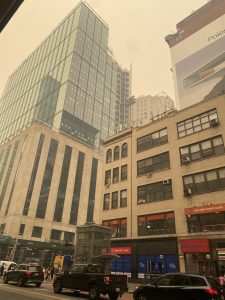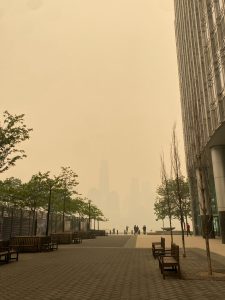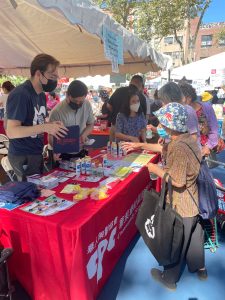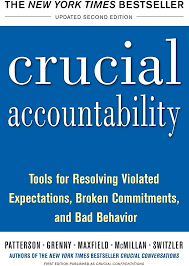Even with five weeks left to go, it still feels like time is going by so fast. Although my work week wasn’t particularly different from my previous ones, there was a program-specific event that struck me this week. Reflecting on my experience watching the play “THIS LAND WAS MADE”, I felt a sense of resonance to my own journey as a black student navigating a predominantly white institution. This captivating production, set in 1967 Oakland, transported my cohort and I to a time of social activism and a city on the brink of radical change. The play’s exploration of history, imagination, and the collision of different ideologies painted a vivid picture that was able to echo into our present moment in various ways.
The one character I hated, Troy, a black student attending UC Berkeley, stood out to me in a profound way. His struggle with opposing the ideals of the Black Panther Party and seeking validation from white society resonated deeply with my own experiences as a black Duke student. Troy’s relentless pursuit of acceptance and his belief that “leveling up” in society meant conforming to the expectations of white individuals felt very surreal to me, which was probably why I didn’t like him very much.
Through Troy’s character, the play sheds light on the internalized racism and self-hatred that I’ve seen plague individuals in marginalized/POC communities. As he navigates the complexities of his identity, Troy unwittingly harbors a deep-seated resentment toward his black skin. He yearns for acceptance and recognition, unaware that his aspirations for success are hindered by a society that perpetuates systemic racism and denies equal opportunities to individuals like him. He had instilled in himself that if he worked ‘hard enough’, there weren’t going to be any barriers to his success as a judge in the future.
I found solace in the fact that Troy’s struggles struck a chord not only with me but also with many others in my life. He represented so many people I knew in my life, both in and out of school. His journey mirrored the experiences of friends, classmates, family, and acquaintances who, like me, have grappled with the challenges of finding acceptance and belonging within predominantly white spaces. The pressure to assimilate and conform to societal standards, often at the expense of one’s true self and/or adhered to Euro-centric standards, is a burden far too familiar to many individuals in marginalized communities.
Troy’s character served as a poignant reminder of the importance of self-acceptance and embracing one’s identity, despite societal expectations and systemic barriers. It prompted me to question the validity of societal standards that perpetuate the notion that success and validation come only through the lens of whiteness, especially when I had lived in environments to see that it doesn’t have to at all.
This play’s exploration of history, activism, and personal struggles shined a spotlight on the need for continued progress and social change. It reminded me that the fight for equality and justice is continuous and that the legacies of past movements still reverberate through my present in America. I’m grateful for the opportunity to have experienced this exceptional production and the profound impact it has had on my understanding of identity, self-love, activism, and the ongoing struggle for acceptance.





